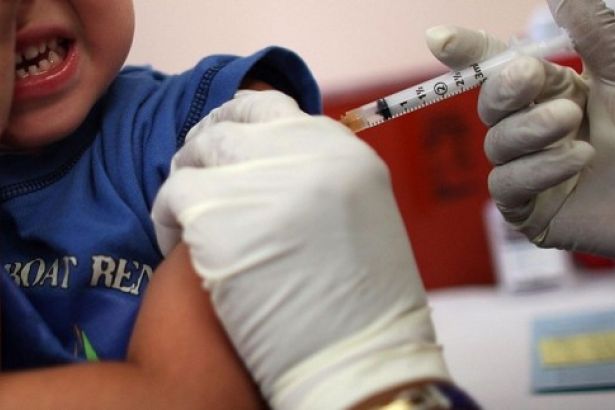Anti-vaccination increases in Turkey

While the number of families refusing to vaccinate their children was 183 in 2011, it exceeded 10 thousand families in 2016. The counsellor of Turkey's Ministry of Health, Eyüp Gümüş, stated that these families are those who choose not to vaccinate their child. If anti-vaccination spreads at such a rapid rate, children who are not vaccinated will catch related diseases, experience the complications, and some of them will even have the risk of dying. Furthermore, regular epidemics due to the decrease in social immunity will be experienced.
For many vaccines, the vaccination rate in Turkey is already below 90 percent. This is especially true for particular regions. In 2013, the 8,000 cases of measles epidemic were a result of low levels of vaccination. The rising rated of anti-vaccination in Turkey may be expected to increase the related risks that are already high due to insufficient vaccination and immunization rates. Anti-vaccination, therefore, will further increase the proportion of children who cannot be vaccinated for various reasons (about 15 percent for many vaccines).
The most important benefit of vaccination is to provide social immunity. This also benefits for non-vaccinated individuals. The vaccination rate for social immunity should be at least 80-90%. If this can be achieved, the risk of infection and the risk of epidemic reduces, even for those who cannot be vaccinated for various reasons such as having no access to vaccination or being non-vaccinated because of other health problems.



